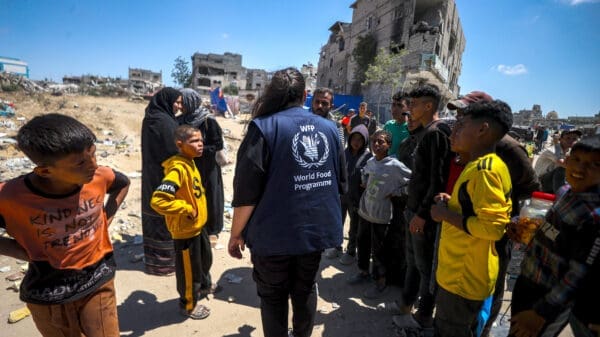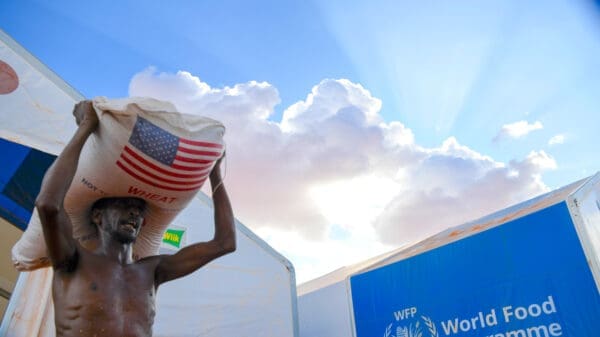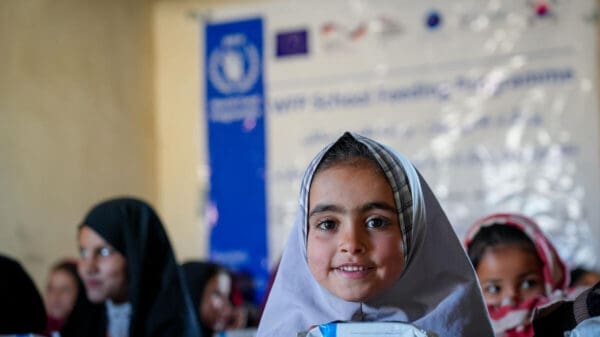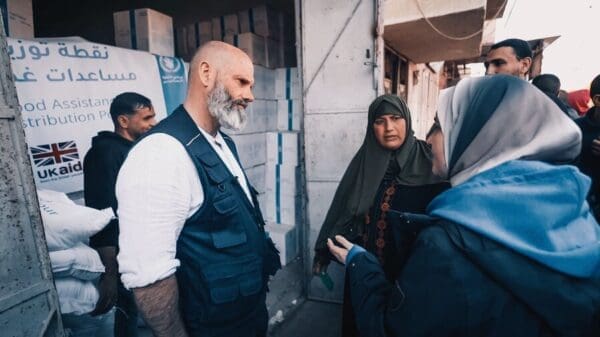$6.6 Billion Dollars Won’t End World Hunger, but It Could Save the 42 Million People Knocking on Famine’s Door
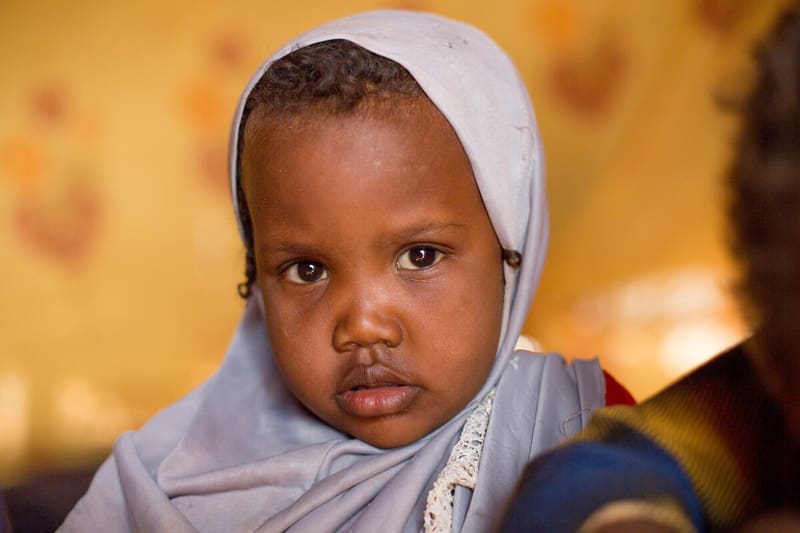
42 million people are on the brink of famine across 43 countries and the slightest shock will push them over the edge, warns the United Nations World Food Programme (WFP). $6.6 billion would reel them back from the precipice by providing a meal a day for each person for the next year.

The U.N. World Food Programme has the data and plans to present a country-by-country breakdown, in hard numbers for all 42 million people in 43 countries, even as the situation on the ground is in flux. Failure to obtain over $6 billion will result in catastrophic consequences for the world’s most vulnerable people.
Issuing an urgent rallying call, U.N. World Food Programme Executive Director David Beasley said, “$6 billion to help 42 million people that are literally going to die if we don’t reach them. It’s not complicated.”
“While COVID is undeniably exacerbating fragility around the world, manmade conflict is driving instability and powering a destructive new wave of famine that threatens to sweep the world. The toll being paid in human misery is unimaginable.”
This $6.6 billion will help the very neediest of the needy: One meal a day, which only costs the U.N. World Food Programme $0.43 cents, for 42 million people for one year.

To reach those 42 million starving people, the U.N. World Food Programme will use existing systems already working in those 43 countries, and around the world, and scale them up where needed.
Last year, because of conflict, COVID and climate change, the number of people marching towards starvation doubled from 135 million to 270 million. And now, of the 270 million hungry people, we now have our critical group of 42 million teetering on famine’s edge.
The slightest shock, be it extreme weather linked to climate change, conflict or the deadly interplay of both hunger drivers, may push tens of millions of people into irreversible peril — a possibility the U.N. World Food Programme has been warning of for the past year.
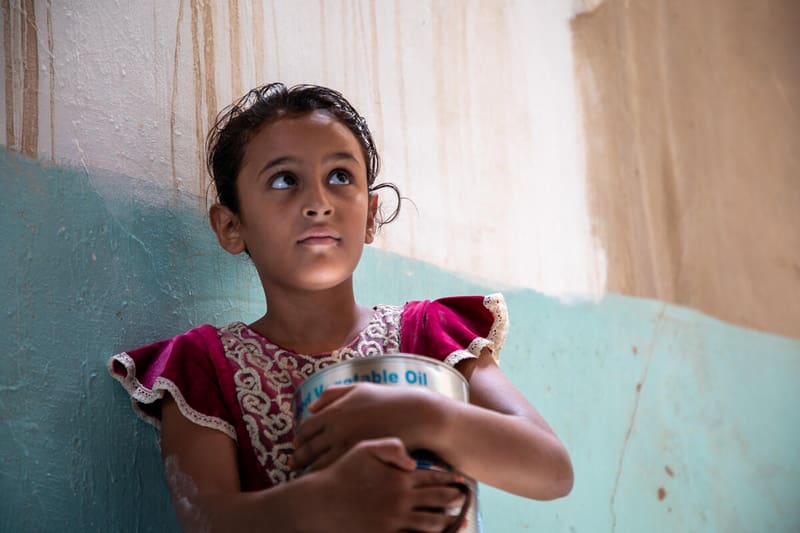
The U.N. World Food Programme is undertaking the biggest operation in its history, aiming to reach up to 120 million people this year. But there are immense hurdles. In 2020, extreme weather displaced 30 million people while conflict displaced 10 million — figures are only expected to rise along with the cost of assistance.
U.N. World Food Programme Chief Economist Arif Husain explained how spiraling costs affected the organization’s work and triggered the need for urgent cash support.
“Food procurement prices are up 21 percent from a year ago — $300 million more if we bought the same amount of food as last year,” he said. “Transport costs are through the roof because of high fuel prices — a container that cost $1,000 a year ago now costs $4,000 or even more.”
Updated figures due out this week are likely to paint an even bleaker picture of people in need, said Husain: “Don’t expect these numbers to go down unless we solve the conflicts, climate crises and economic fallout of COVID-19. I grieve when any child is harmed and we work every single day to give millions of children hope and a future.”
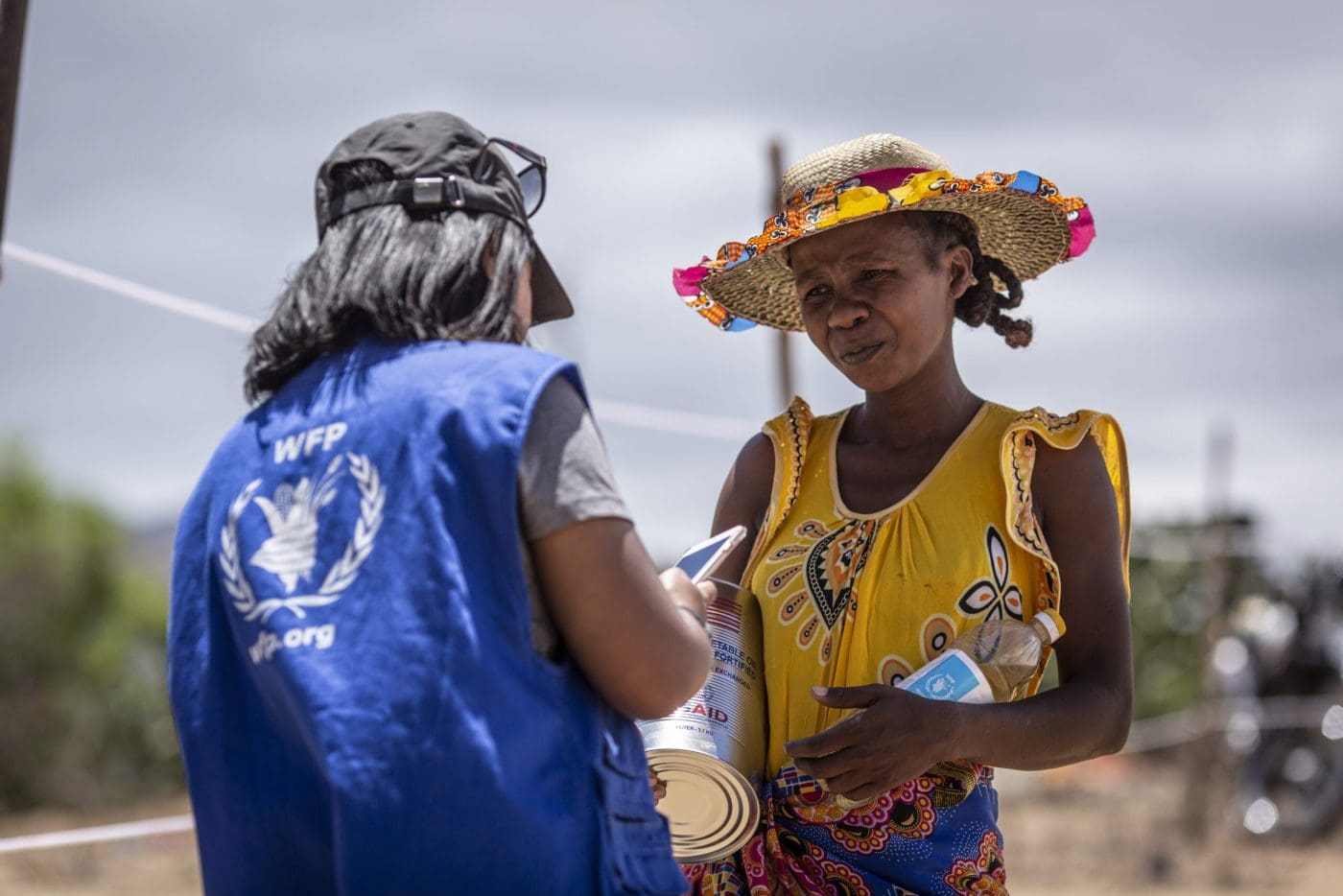
With a deep-field presence, operations in over 80 countries and cutting-edge expertise, the U.N. World Food Programme is uniquely positioned to stop famine in its tracks and steer people away from the edge of starvation.
The most powerful tool that the U.N. World Food Programme can deploy to save lives in the face of famine is emergency food assistance. To prevent famine entirely requires longer term, and more complex interventions, including processes to strengthen education, nutrition, livelihood resilience and social protection systems.
This story originally appeared on WFP’s Stories, and was written by Peyvand Khorsandi & Paul Anthem.
